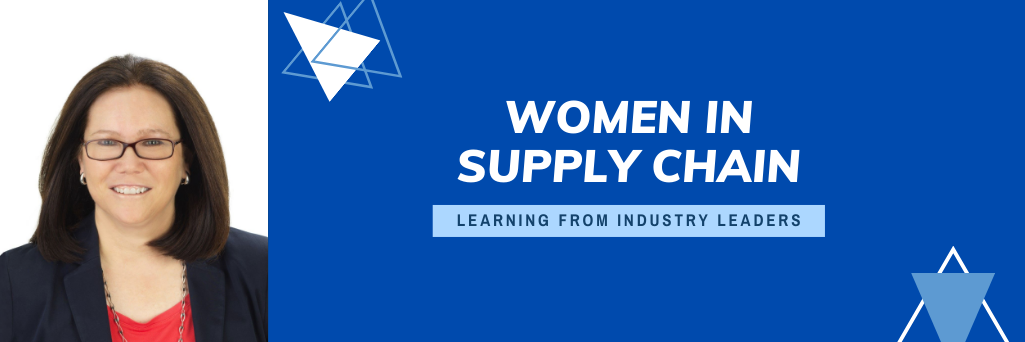Interview with Lisa Anderson

April 2021
After graduating from the University of North Carolina at Chapel Hill with a B.S. in Business with an emphasis in Operations Management, I started my career at Coca-Cola Enterprises and was responsible for planning production and supervising distribution to the sales service centers from the manufacturing facilities. After this role, I went to a plastic injection molder and was responsible for planning production, managing inventory and purchasing. Finally, as my last company prior to starting my consulting business, I held several different roles in operations and supply chain prior to being promoted to Vice President of Operations of PaperPak. After leaving PaperPak, I decided to start my consulting business, and I’ve enjoyed working with clients ranging from small, closely-held businesses to private equity and large, complex organizations across several industries including aerospace and defense, food and beverage, building and construction products and healthcare/life science products.
I joined APICS in college and was introduced to the value of APICS in my Operations classes, and so I joined early on in my career. Although I have been a member for almost 30 years, the first several years, I struggled to attend meetings in person because I had a busy job and traveled extensively. When I started my consulting practice, I thought it was an opportunity to give back and to get involved in the supply chain community, and so I joined the Board of Directors. For the last 15 years, I have been an active Board of Directors member of the APICS Inland Empire chapter. It has been rewarding to support students, stay up-to-date on best practices, and it has provided a platform for speaking and meeting people in operations and supply chain. We find that APICS leaders gain many advantages such as learning the leadership role, giving back to the community, gaining best practices, expanding your professional network, etc. We have collaborated closely and gained life-long friends and colleagues.
My parents always thought I could do anything I put my mind to achieve, and they always believed that trying your best was what was most important. I never thought about competing against men, even though I entered a profession that was dominated by men. I have been fortunate to have several mentors. My first manager was a woman in charge of transportation, planning and logistics. I met a woman mentor with a financial background. I worked for three different mentors in manufacturing leadership, and each mentor believed in results. When I was promoted into the position of VP of Operations and Supply Chain, the Board of Directors would have preferred a grey haired man to be in charge of operations; however, the CEO supported me because he wanted results. If I thought it mattered that I was a woman, I believe it would have negatively impacted my career but I didn’t see it that way. I remember when my Director of Purchasing noted that I was the only woman in the room in a Board meeting, and I had to look around to see that his statement was true. I think success has more to do with whether you believe in yourself and if you keep going and are persistent.
I stayed focused on learning what I needed to perform successfully in whatever role I held. For example, when I was promoted to the VP of Operations, I read many books on leadership, gained a mentor in organizational development and followed her advice as well as continuously learning and improving. I also joined Toastmasters to learn how to speak more effectively. I believed in the power of people. I found if you were consistent, showed that you cared about people while also staying focused on holding people accountable and asking good questions, people respected you. When I first took over a large plant in NC, the people weren’t happy and didn’t think I would be in the role long. I did quarterly round-the-clock meetings and showed up at least monthly and worked side-by-side with them, and they came around.
Supply chain is a great career for students today because there is a significant shortage of supply chain talent, and the pandemic has dramatically increased the visibility of the importance of the supply chain. Leverage the opportunity! You will be more successful if you gain a broad range of skills and experiences. With the complexity of the supply chain, gaining a wider range of experience will give you a leg up on the competition. Technical skills are important as the pace of technological advancement has accelerated 10 fold since the pandemic. On the other hand, soft skills are also essential. The best ideas not communicated effectively will be far less successful than even mediocre ideas accompanied with effective communication. In order to gain resources and support to implement your ideas, it is critical to be able to present your ideas, answer questions effectively and implement plans. Seek out mentors, ask questions and never stop learning. Additionally, join groups like APICS to network with professionals.